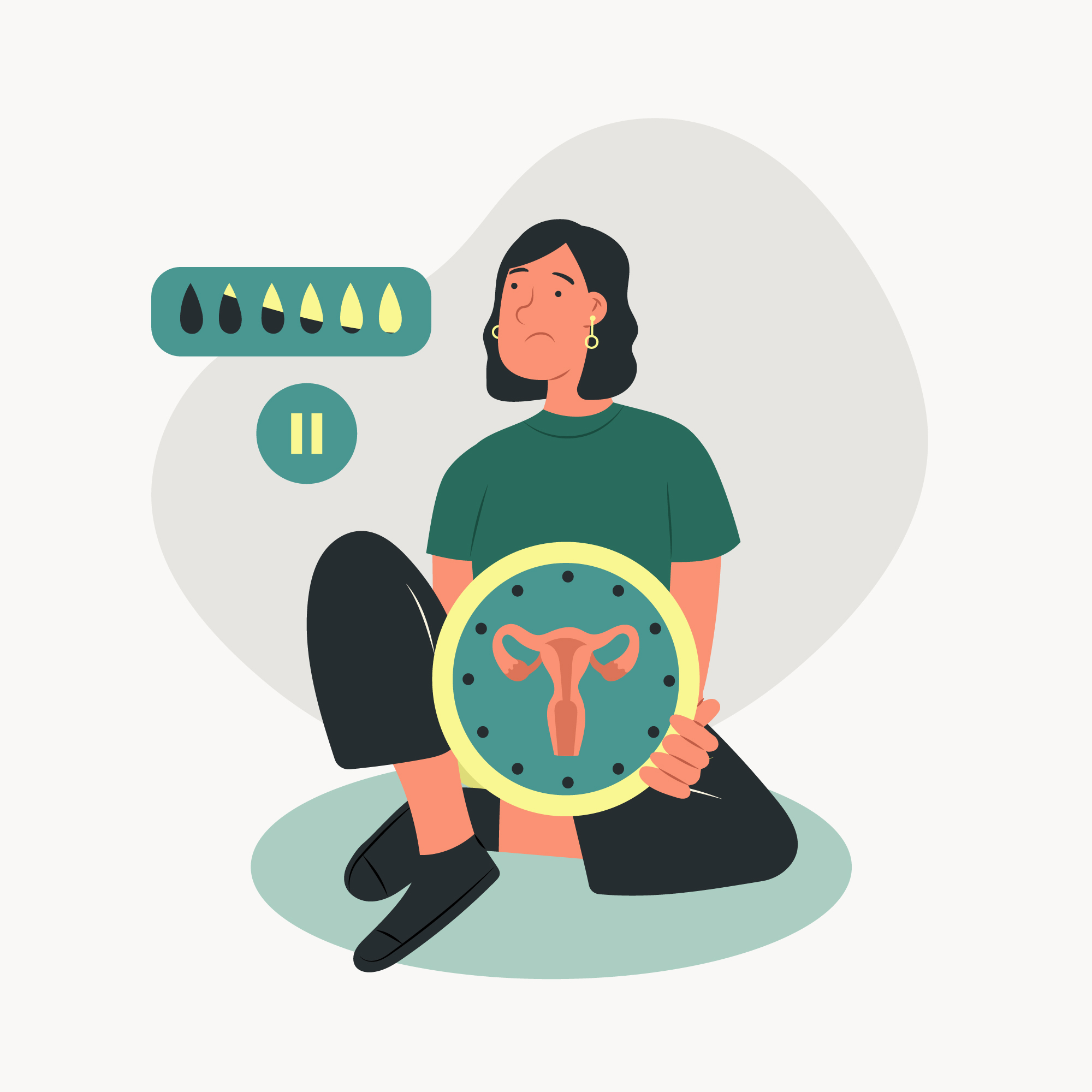Vulvar vestibulitis, also known as vestibulodynia, is a disorder that causes pain and discomfort in the vestibule, which is the region around the vaginal opening. This discomfort is most commonly felt during activities that increase pressure on the vestibule, such as sexual intercourse, tampon insertion, or extended sitting.
What is vulvar vestibulitis syndrome ?
Vulvar Vestibulitis Syndrome (VVS), also known as vestibulodynia, is a disorder that causes pain, sensitivity, and discomfort in the vestibule, which is the region around the vaginal opening. This condition focuses especially on the vestibular element of vulvar discomfort.
Location of Pain: The discomfort caused by vulvar vestibulitis is restricted to the vestibule, which is the tissue around the vaginal entrance. The pain is frequently characterized as searing or severe.
Provoked Pain: Pain is generally triggered by contact or pressure, especially during sexual activities. Penetration, tampon use, and even wearing tight clothing may be uncomfortable or painful for women suffering with vulvar vestibulitis.
Chronic Nature: Vulvar vestibulitis is a chronic illness, and symptoms can last for months or years. Pain can cause sexual dysfunction, affecting both the physical and emotional elements of a person’s life.
Potential Causes: The actual etiology of vulvar vestibulitis is unknown; however, it is likely complex. Inflammation, hormonal changes, hereditary factors, and pelvic floor dysfunction are all possible contributors.
Diagnosis: Diagnosis entails a detailed medical history, a pelvic examination, and, in certain cases, further testing to rule out other potential reasons for discomfort.
Lifestyle Changes: Changing your lifestyle, such as wearing loose-fitting clothing and using hypoallergenic or unscented personal care items, may help you manage your symptoms.

Treatment of Vulvar Vestibulitis Syndrome (VVS)
Vulvar Vestibulitis Syndrome (VVS) is normally treated using a comprehensive approach that addresses both physical and psychological issues. Treatment efficacy varies by individual, and a healthcare practitioner will frequently customize the method depending on the unique requirements and circumstances. The following are five popular therapeutic approaches:
Topical Treatments: Local anesthetics, such as lidocaine, may be given to the vestibule to temporarily numb the region and minimize discomfort during activities such as sexual intercourse.
Topical steroids may be administered in situations of inflammation to decrease inflammation and relieve symptoms.
Pelvic Floor Physical Therapy: A pelvic floor physical therapist can work with people to alleviate pelvic floor muscle stress and dysfunction. Specific exercises, biofeedback, and manual treatments can aid in the relaxation and strengthening of the pelvic floor muscles.
Medications: Tricyclic antidepressants (TCAs), such as amitriptyline, have been shown to be beneficial in controlling chronic pain, especially VVS discomfort.
Anticonvulsants: Anticonvulsant drugs, such as gabapentin, may be used to relieve nerve discomfort.
Psychotherapy and counseling: Cognitive-Behavioral Therapy (CBT): CBT can help people with VVS by treating any psychological aspects that are causing the disease, such as worry or fear of pain during sexual activities.
Dietary modifications: Some people find relief from adopting dietary modifications, such as eliminating particular irritating foods or chemicals.
Wearing loose-fitting, breathable clothes can help prevent genital friction and discomfort.
Techniques for Stress Reduction: Stress and anxiety can aggravate symptoms. Mindfulness, relaxation exercises, and stress reduction approaches may all be effective.
It is crucial to note that treatment approaches are frequently personalized, and a healthcare practitioner will take into account each person’s specific circumstances. Furthermore, open communication with healthcare practitioners is essential throughout the treatment process to allow for modifications depending on progress and individual responses to treatments.
If you or someone you know is suffering symptoms of Vulvar Vestibulitis Syndrome, it is best to seek the advice of a healthcare expert, such as a gynecologist or a sexual medicine specialist, for an accurate diagnosis and treatment plan.

